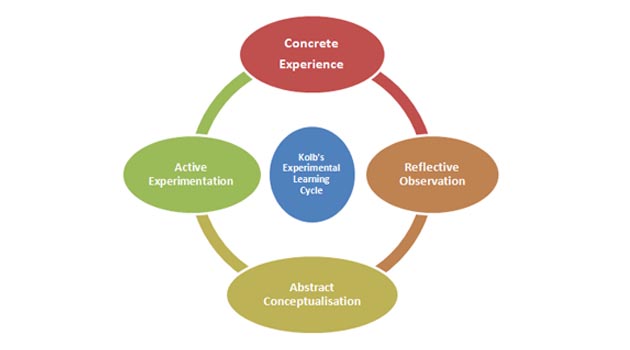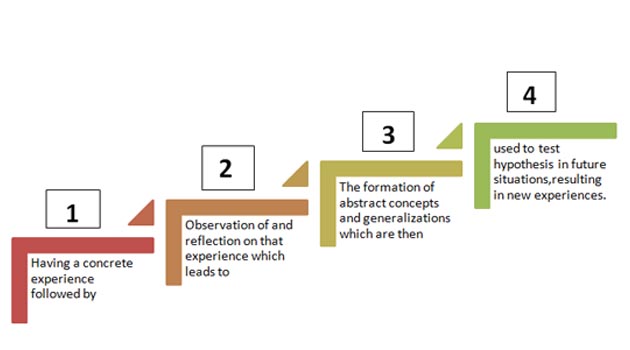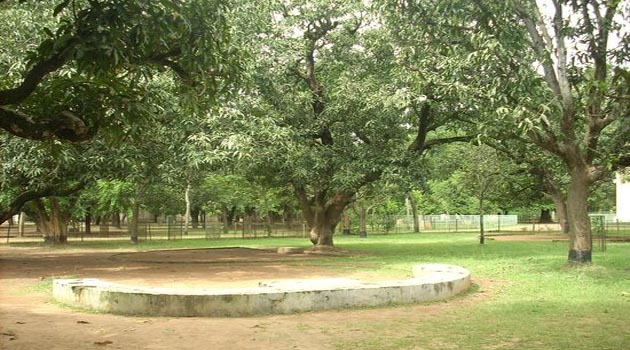Open-Air Classroom and Andragogy
In concert with the modern research and development on andragogy, the concept of the open-air classroom is built upon the premise that Andragogy (adult education) is a practice in which adults engage in systematic and sustained self-educating activities in order to gain new forms of knowledge, skills, attitude or values.
When trainer take learning outdoors they report some powerful impacts like participants behavior improves, whole classes are excited to learn and individuals who fell inhibited by the curriculum often thrive in an outdoor environment .When adult think back to their own happiest memories of childhood, they frequently recall the joy of playing outdoors. Play not only gives enjoyment but develop creativity and problem solving capability.
Benefits of Open-air classroom:
- Make learning more engaging
- Nurture creativity and imagination
- Better connect with participant and trainer
- Reduces boredom
- Develop interest in the environment and wider surroundings
- Enhanced communication within group
- Strong team bonding
In Andragogy or adult learning theory, it is presumed that adults have specific learning requirements. The adult learning theory also suggests that the best learning environments are the ones that are collaborative and utilize a problem based approach.
Chinese philosopher Confucius said, “Tell me, and I will forget. Show me, and I may remember. Involve me, and I will understand”.
As human beings ,we are shaped by our experiences. For adults ,no amount of textbook learning can take the place of knowledge, clarity, and wisdom that comes from experience.
The Experimental Learning Theory by David Kolb (Published his learning model in 1984) states that the essence of adult learning is making sense of experiences. Adults learn best when they learn by doing. They learn best when they are directly involved with-experiencing-the learning instead of memorizing numbers and definitions from books.
Kolb’s experimental learning Cycle:

1. Concrete Experience-a new experience or situation is encountered, or a reinterpretation of existing experience.
2. Reflective observation of the new experience of particular importance are any inconsistencies between experience and understanding.
3. Abstract Conceptualization reflection gives rise to a new idea, or a modification of an existing abstract concept.
4. Active Experimentation –the learners applies them to the world around them to see what results.
Effective Learning is seen when a person progress through a cycle of four stages:

Outdoor Learning – A Win Win Situation:
Most of us know that spending hours and hours in front of screens, bombarded by emails and message notifications causes us stress. Humans are not surprisingly more stressed that we have ever been. It’s subtle and eats away at our well-being. Our world with all its current technological achievements has at the same time adopted dopamine-filled technology to hook us in to screen life.
Conclusion: An Open-air Classroom is a space that brings learning outside. It becomes a gathering place for trainers and participant and provides an opportunity to integrate nature into class. By giving participants the opportunity to get outside and experience nature, they can bring learning to life.
The Purpose of my writing this article is to make aware training fraternity that time is changing and so the people hence we should also change and bring the concept of open-air classroom to make our training more lively and relevant.
And at last it’s necessary to know and articulate what we are trying to achieve as a trainer.
Author

Rajiv Jamuar
Chief Manager (Faculty)
Union Bank of India, Staff College Bengaluru

